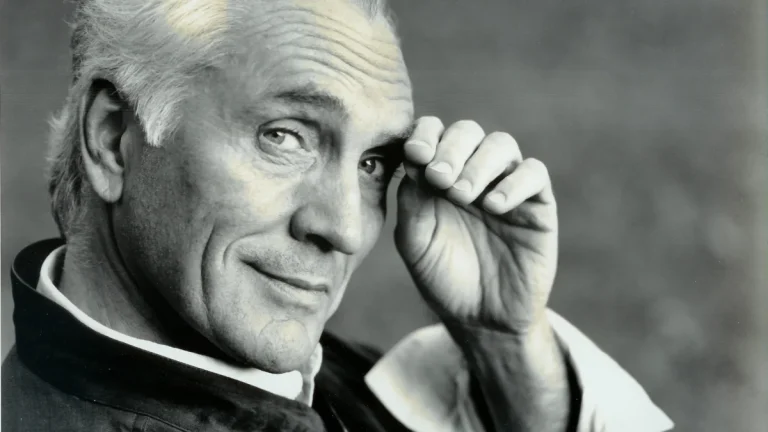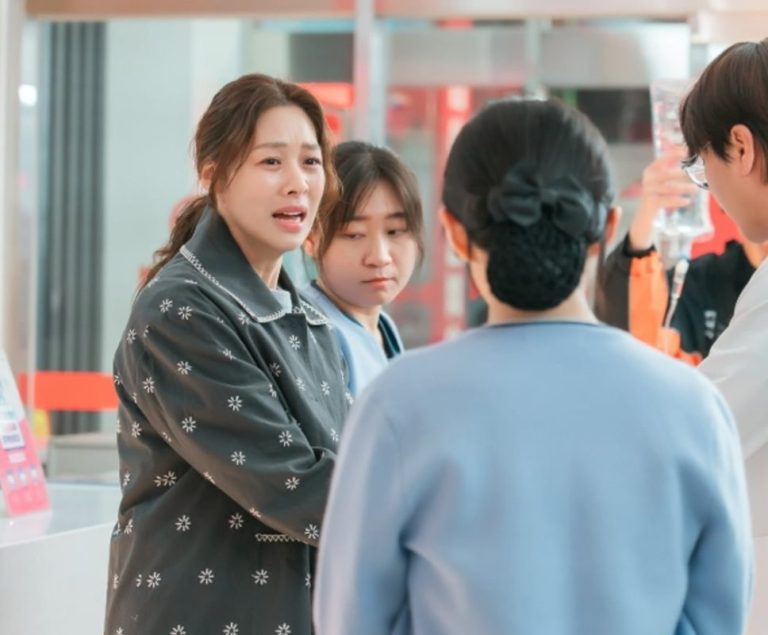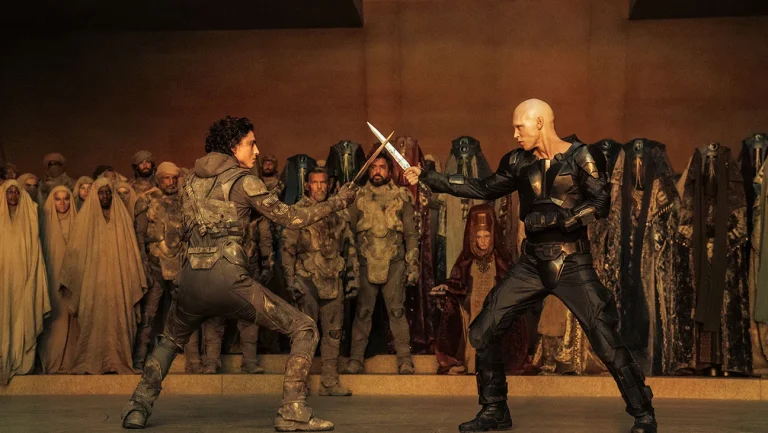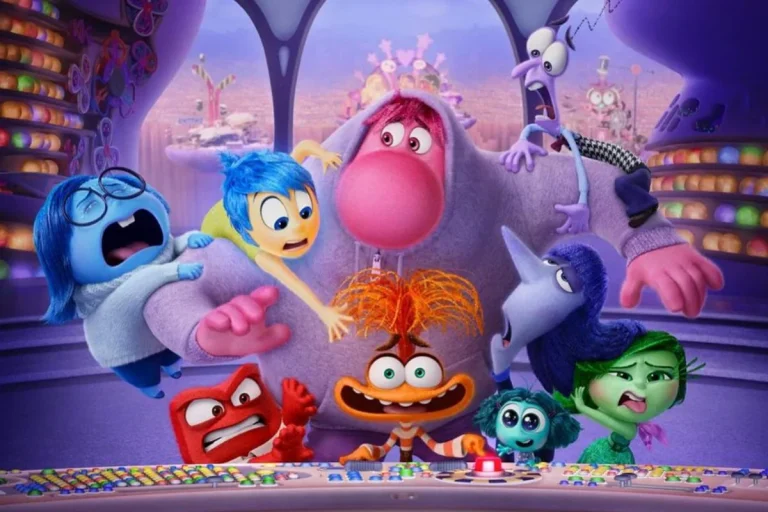Paul Thomas Anderson’s One Battle After Another has quickly become one of the most talked-about films of 2025. Adapted loosely from Thomas Pynchon’s complex and sprawling novel, the movie blends Anderson’s signature style of intimate character work with a wide-ranging narrative about politics, violence, and fractured families.
Known for films like Boogie Nights, Punch-Drunk Love, and Phantom Thread, Anderson has often gravitated toward unconventional stories that test cinematic form. This new project is no different. It introduces audiences to Bob, a washed-up revolutionary played by Leonardo DiCaprio, whose quiet life with his daughter is torn apart when a figure from his past, Lockjaw (Sean Penn), returns after sixteen years.
The movie has already drawn strong reactions from two of cinema’s most legendary directors — Francis Ford Coppola and Steven Spielberg. Both admired Anderson’s ambition but responded to the film in very distinct ways. In this article, we’ll look at the film itself, the Pynchon connection, and then dive into what Coppola and Spielberg had to say about Anderson’s latest work.
One Battle After Another: A Film About Memory and Conflict
Released in late September, One Battle After Another combines political thriller elements with a deeply personal family story. The central figure, Bob, is forced out of isolation when his daughter goes missing, triggering a confrontation with Lockjaw, an old nemesis. Anderson balances the action with themes of memory, regret, and love between father and daughter. The film’s cast includes Leonardo DiCaprio, Sean Penn, Benicio del Toro, Regina Hall, Teyana Taylor, and Chase Infiniti.
The Book Behind the Film: Thomas Pynchon’s Influence
While not a straightforward adaptation, the film is rooted in the world of Thomas Pynchon, a novelist known for sprawling, cryptic narratives filled with paranoia and historical echoes. Anderson has drawn from Pynchon before (Inherent Vice), and One Battle After Another reflects similar qualities: nonlinear storytelling, eccentric characters, and themes of power and surveillance. Pynchon’s work has often been called “unfilmable,” but Anderson uses fragments of it to build an original story that mirrors America’s fractured political climate while telling a smaller, emotional tale of family bonds.
What Coppola and Spielberg Said About the Movie
Francis Ford Coppola’s Review
View this post on Instagram
Francis Ford Coppola, director of The Godfather trilogy and Apocalypse Now, watched the film in Rome and later shared a long reflection on Instagram. He praised Anderson’s body of work, calling himself “a fan of PTA’s unique films, beginning of course with Boogie Nights, and one of my all-time favorites, Punch-Drunk Love, along with Phantom Thread, The Master, and recently Licorice Pizza.”
Coppola admitted the experience was challenging because of his hearing and Italian subtitles, but he still found the movie compelling. He wrote:
“I love the fact that it was an action story set in what’s really going on in America today, a fictional thriller with a setting that is the real thing.”
He also expressed confusion about Sean Penn’s character:
“One of my misunderstandings came from Sean Penn’s character ‘Lockjaw’ and not being sure exactly who he was. His weird name made me link him immediately to Kubrick’s General Buck Turgidson.”
Coppola concluded by noting that the film eventually revealed itself as a moving love story between a father and his daughter. He added:
“It’s a film I want to see a second time… the film emerged into the love story that it is; father and his one daughter, and as you can imagine, very moving to me.”
Steven Spielberg’s Reaction
Spielberg’s reaction was far less conflicted but equally passionate. Speaking after a private screening, he described the film as unlike anything else this year. According to The Film Stage, Spielberg called it:
“What an insane movie.”
His admiration centered on Anderson’s ability to create a film that feels both chaotic and meticulously constructed. Spielberg has often praised Anderson’s willingness to experiment, and here he emphasized the audacity of the storytelling, pointing out how Anderson pushes the boundaries of what a studio film can look like.
Final Thoughts:
With Spielberg hailing it as “insane” and Coppola describing it as moving yet puzzling, One Battle After Another has clearly sparked debate among filmmakers and audiences alike. Anderson’s choice to weave together a thriller structure with the intimacy of a family drama — all filtered through the influence of Thomas Pynchon — has resulted in a film that resists simple categorization.
If Spielberg’s reaction highlights the thrill of Anderson’s ambition, Coppola’s review shows how the film lingers and demands revisiting. Either way, One Battle After Another has confirmed Anderson’s reputation as a director unafraid of risk, and it has opened a new chapter in the ongoing conversation about what modern cinema can be.





